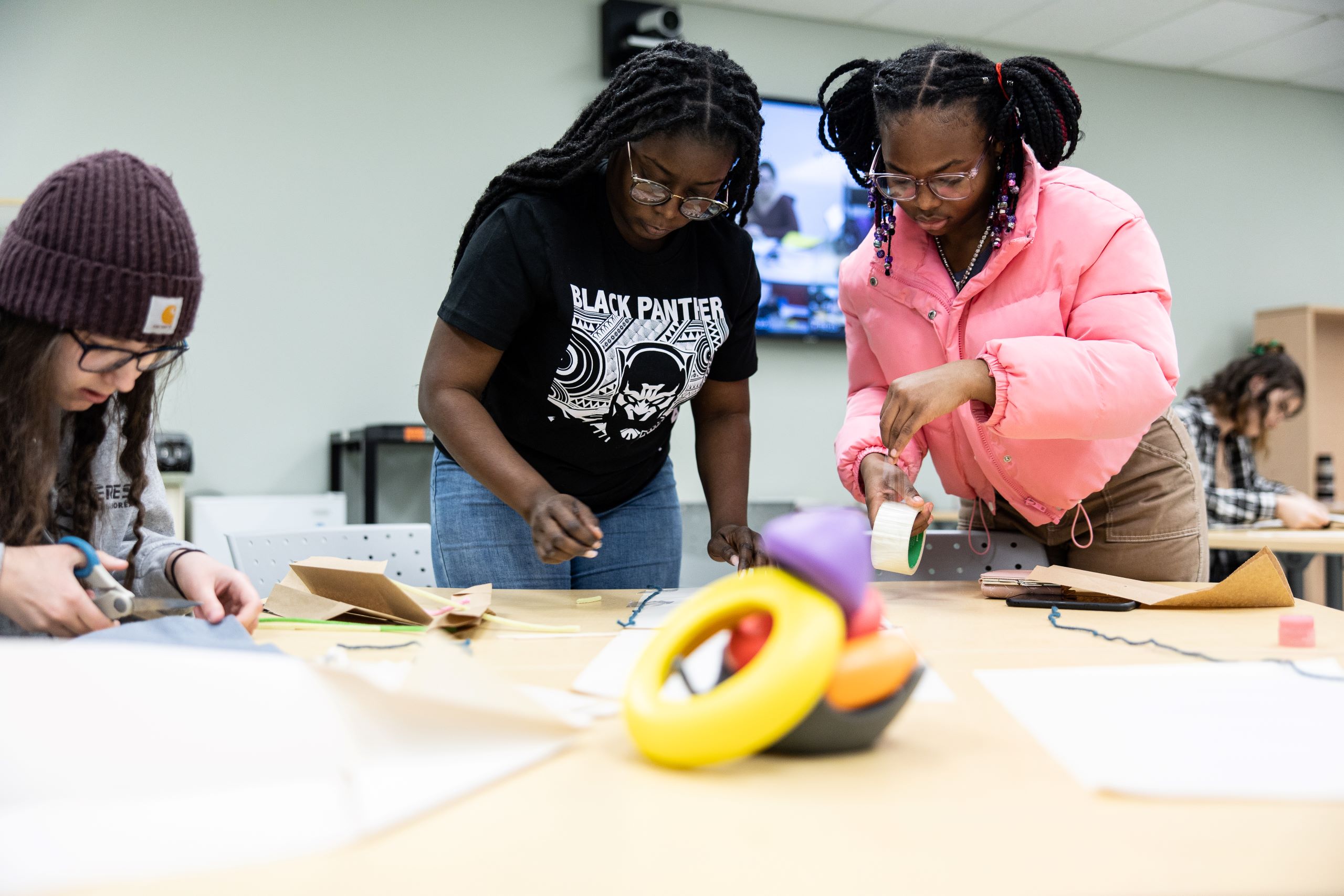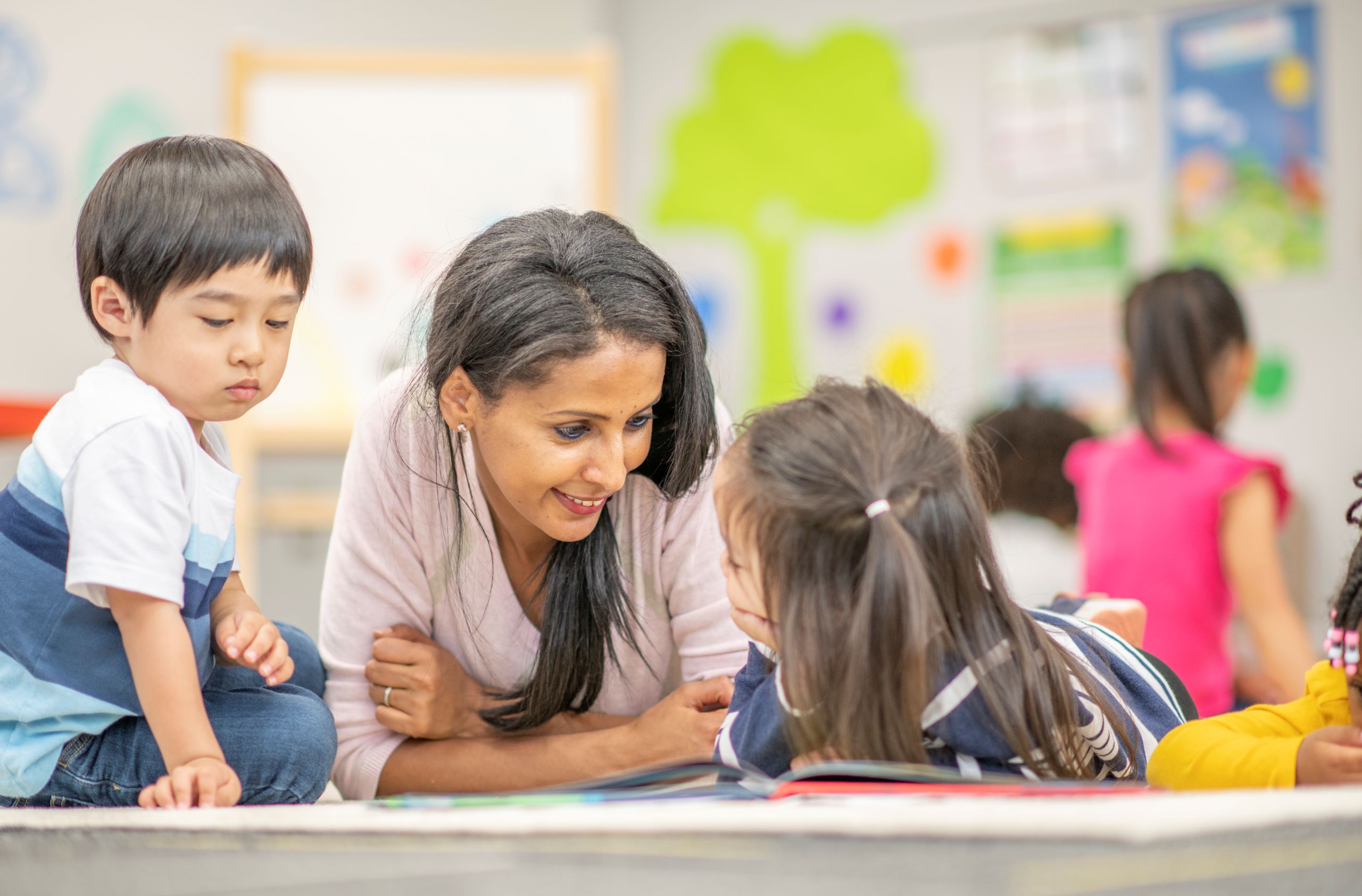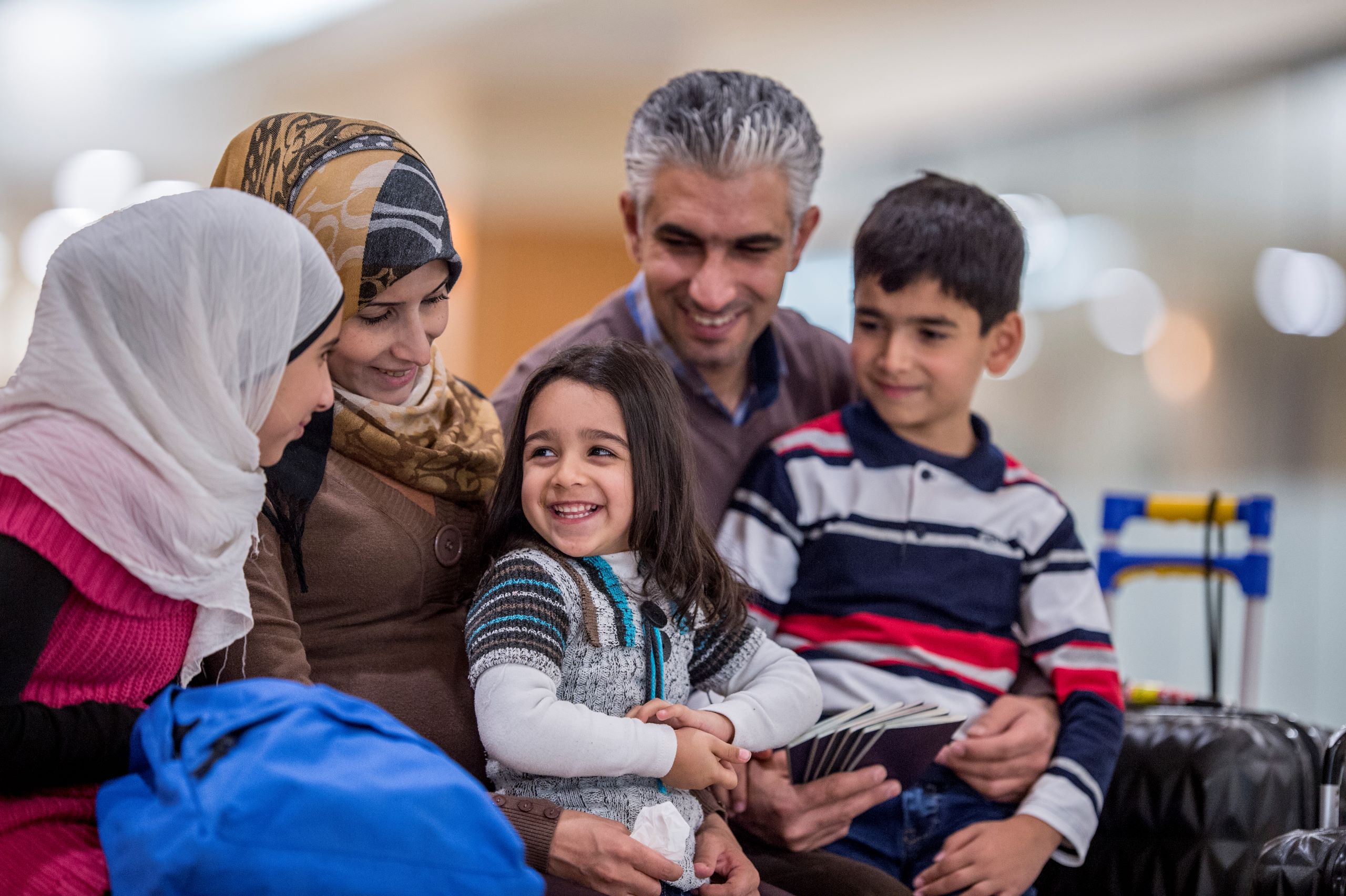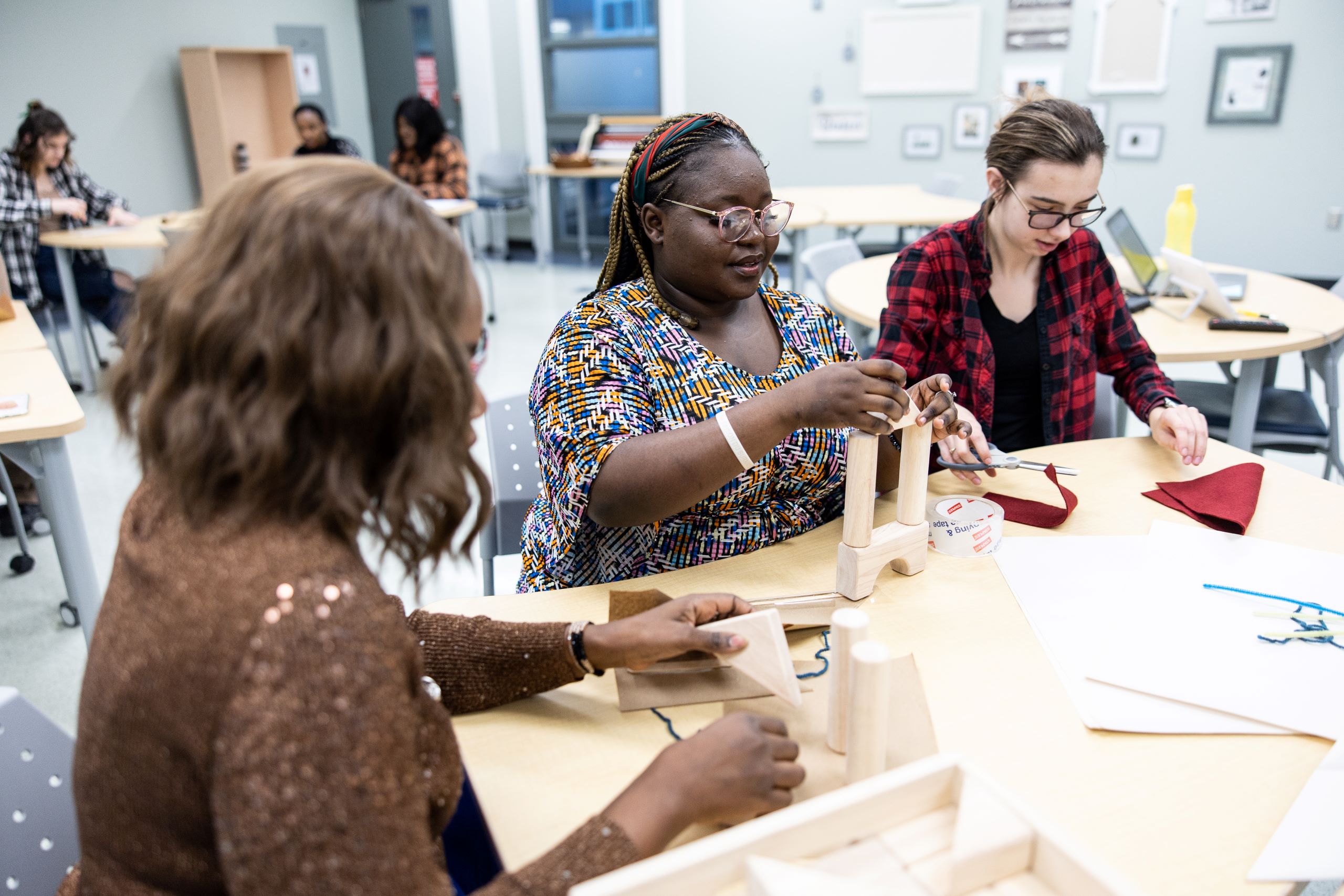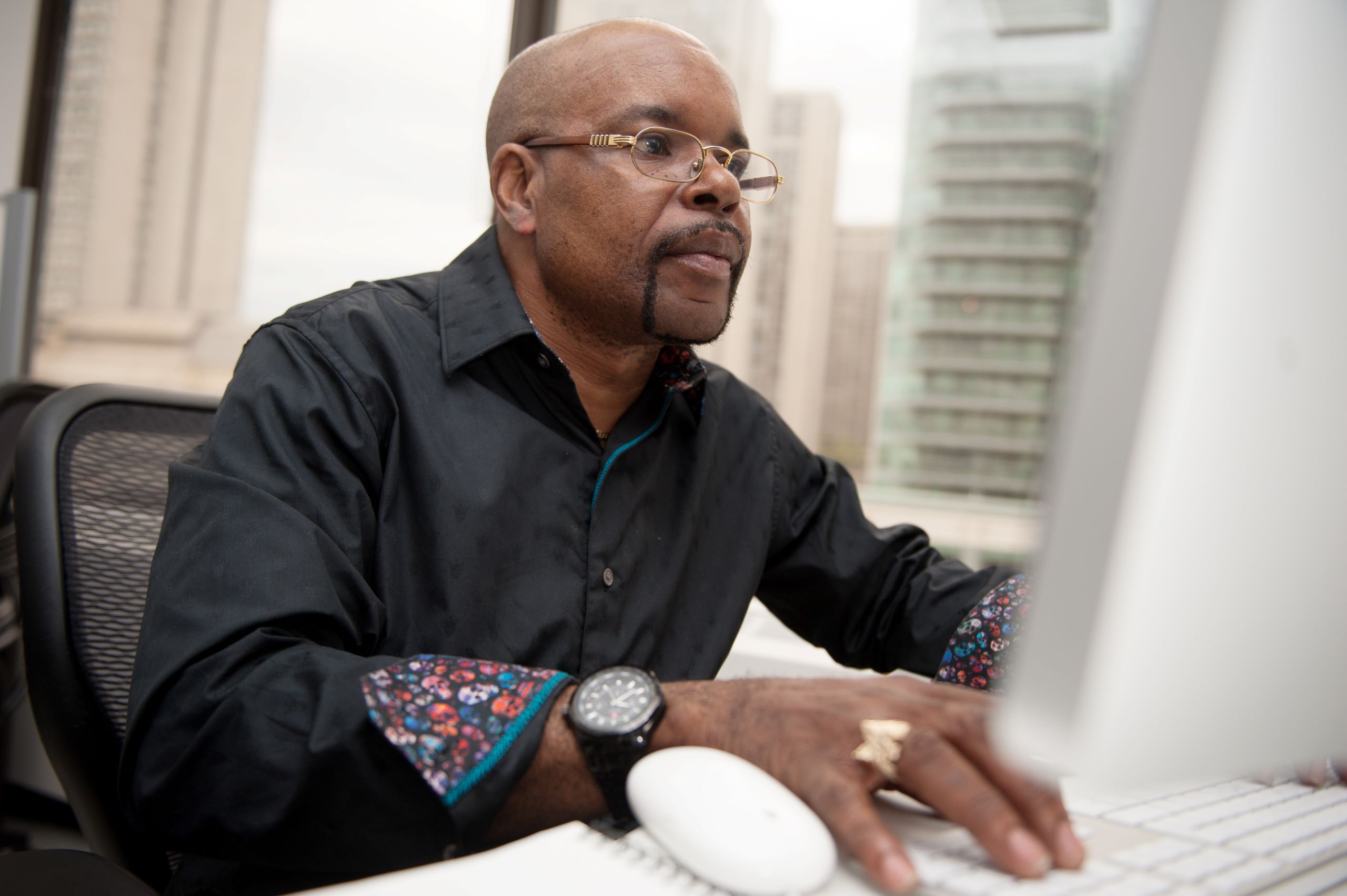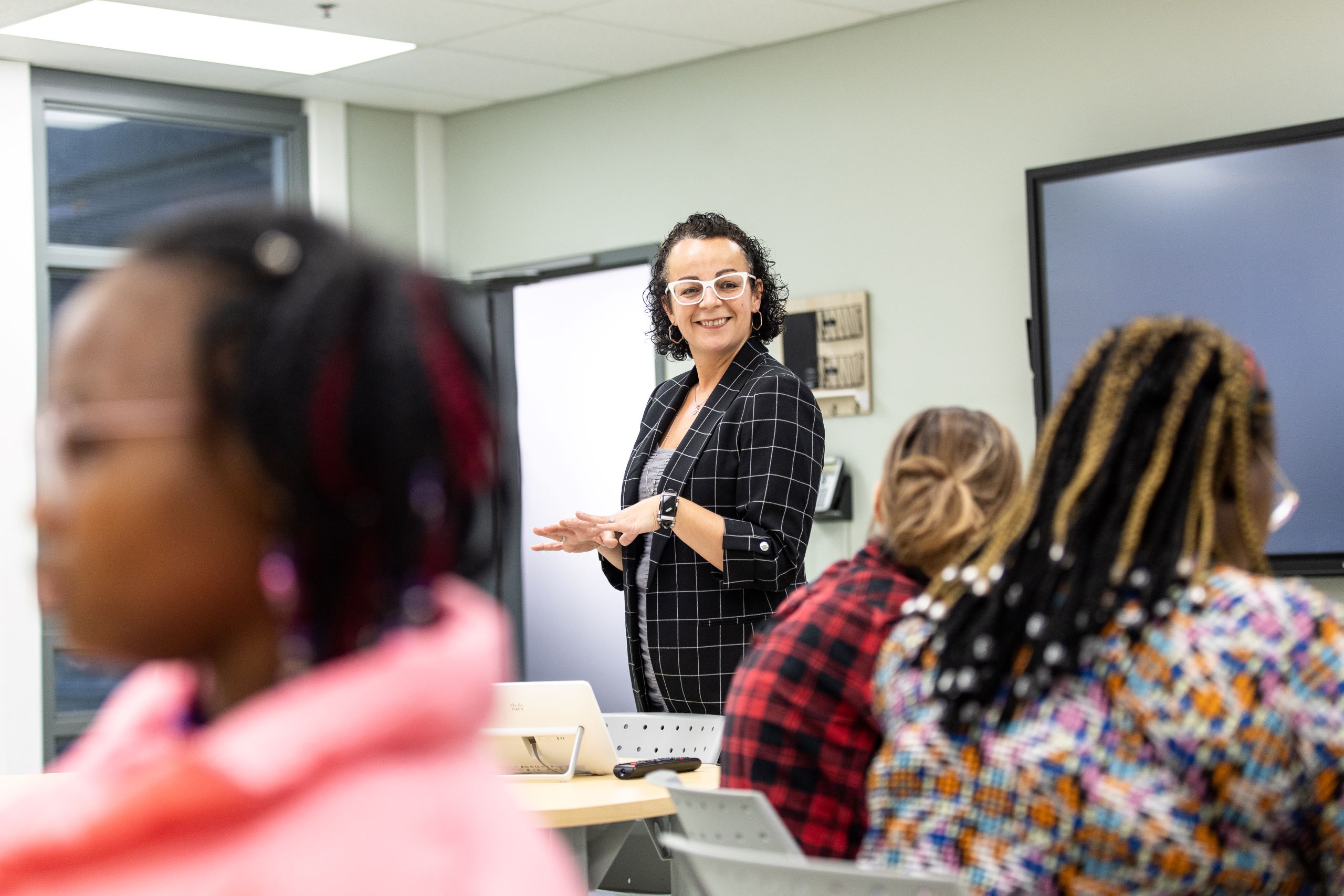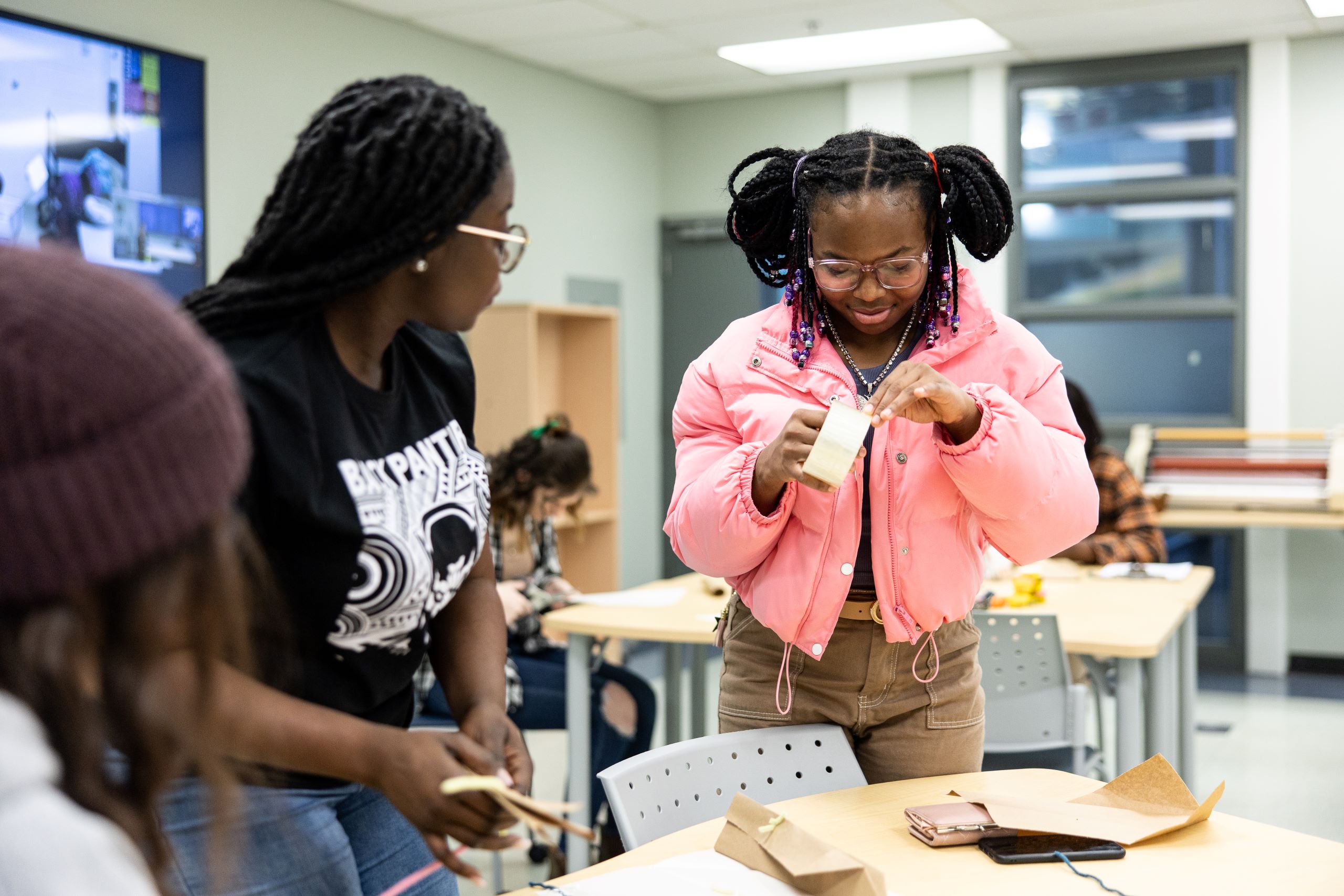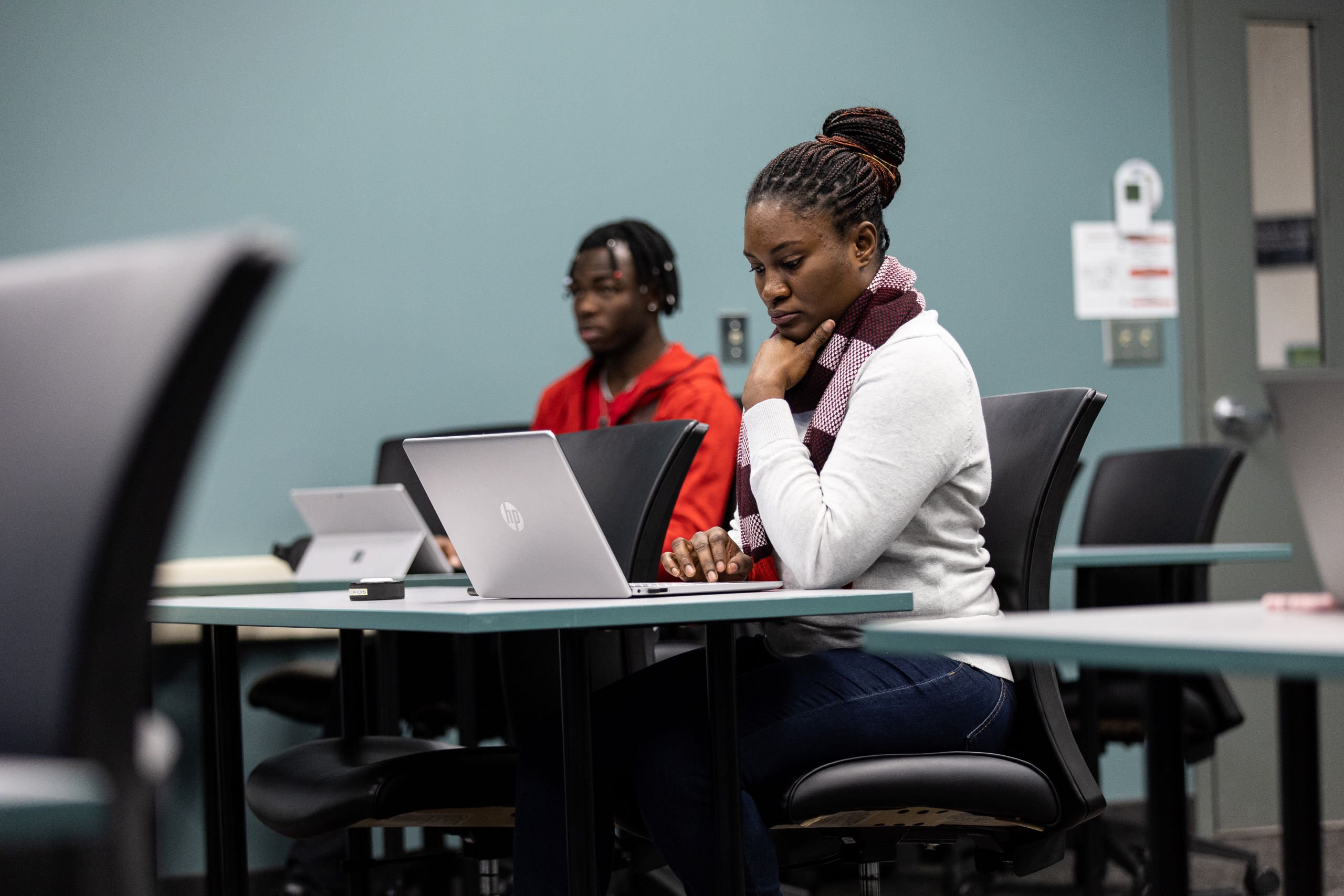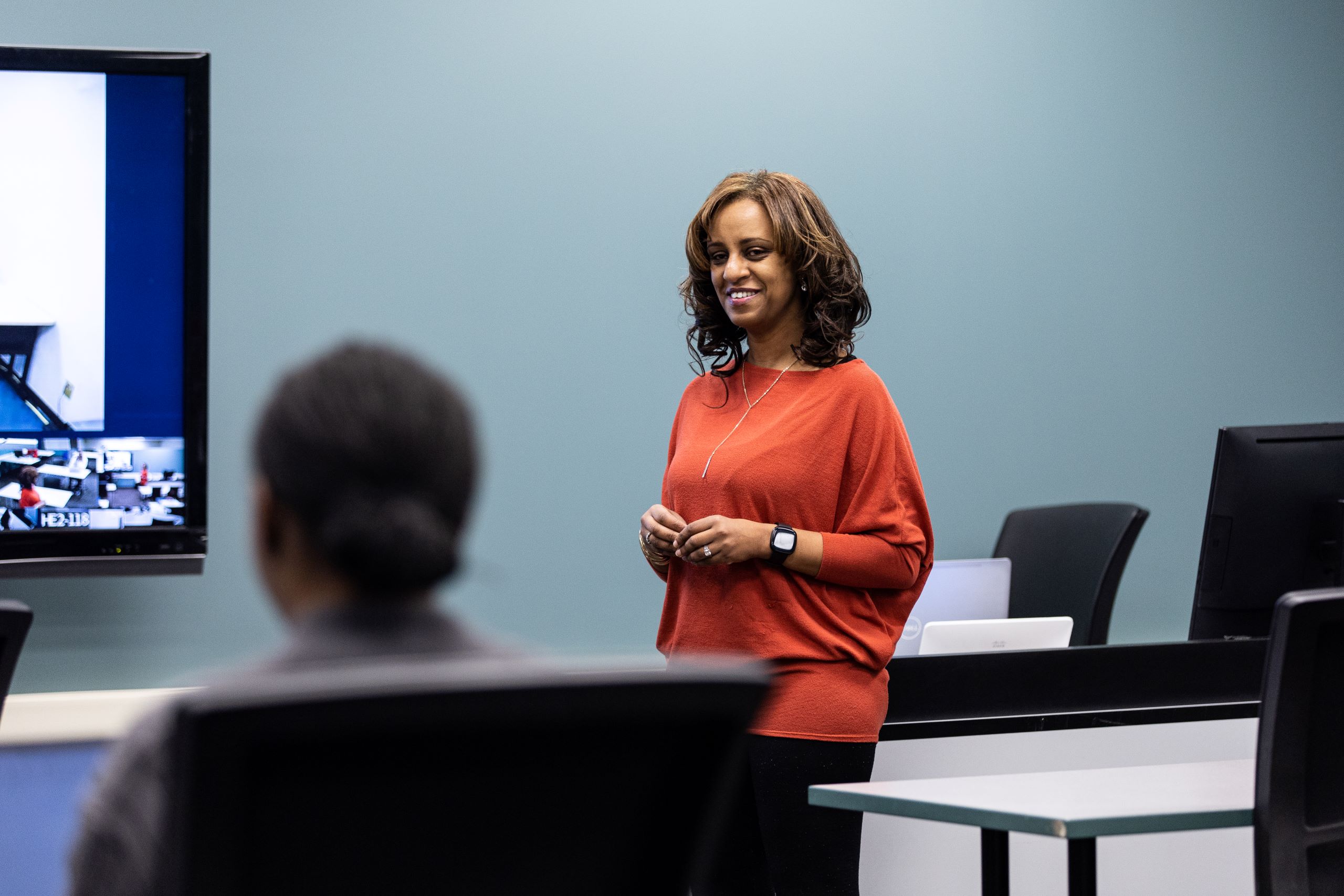Professional Services in Early Childhood Education
The Professional Services in Early Childhood Education is interested in research conducted in the early childhood field in order to support and enrich the skills, training and current practices as well as the development of educational and andragogical leaders in early childhood.
To this end, it manages research projects and analyzes the results of recent research conducted by Collège Boréal and its partners.
The Service relies on social innovation to establish the best practices in early childhood and promote the profession. It also allows the new, experienced and in training professionals as well as the teaching staff to update their knowledge and remain current on evolving practices in the field of early childhood.
Research projects and social innovation benefit the quality of education as well as the student experience at Collège Boréal, and it also enriches its training, which improves the quality and knowledge of professionals working in the field.
The Service also manages change to ensure its sustainability in professional practices and training.
In addition to supporting professionals in the field, the Service’s research allows parents to discover the latest trends and best practices that are centred around children and families.
The Service is part of Collège Boréal’s School of Business and Community Services. It works alongside a variety of partners, including the childcare community, associations, municipalities, networks, teachers, and the student body.
Good to know
Objectives
The Service supports and increases social innovation related to research, teaching and practices that are centred around children and families. It works alongside partners at the local, regional and provincial levels to:
- support the continuous learning of professionals;
- participate in living labs (e.g., children’s services; develop and share the best innovative practices and cutting edge knowledge;
- support applied research;
- support change management in the early childhood sector.

Organizational Principles
Experiential Learning
Experiential learning for students and early childhood professionals is a learning model based on authentic and relevant activities that deepen and develop the knowledge, skills, abilities and attitudes they will apply in their respective settings. They are asked to reflect on their journey, actions, interactions, interventions and decisions.
Social Innovation
The concept of living laboratories is a means by which individuals, communities, businesses, organizations, associations and users (current or potential) participate in the research and innovation process. They aim to find solutions to problems in a collaborative manner.
Knowledge Mobilization
The exchange and sharing of knowledge and understanding among researchers, partners and users to create beneficial impacts.
Change Management
Through the results of applied research projects, we aim to ensure the sustainability of change in professional practices and training.
Andragogical Leadership
Educational theory that nurtures and improves the efficiency of teaching and adult learning.
Applied Research
Research that examines the results and findings of research in a field. It identifies potential applications of these results and communicates the information to stakeholders.
Collective Intelligence
Knowledge, experience and expertise found within and outside the organization.
Educational Leadership
Professionals who ensure access to quality education.
Boréal's Programs in the Early Childhood Field
Resources and Publications
Your filters did not return any results.
Useful Links
Useful Links

